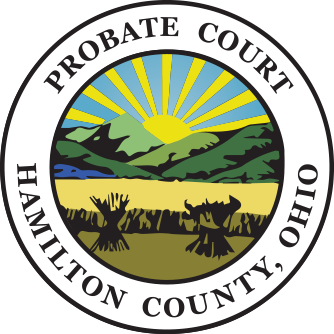- ADOPTIONS
- BIRTH CORRECTION
- BIRTH REGISTRATION
- CIVIL COMMITMENT
- CIVIL PROCEEDINGS
- CONSERVATORSHIP
- CUSTODIAL ACCOUNTS
- DELIVERY OF MINOR FUNDS
- DECLARATION OF PATERNITY
- DISINTERMENT
- ESTATE ADMINISTRATION
- GUARDIANSHIP
- MINOR SETTLEMENT
- ADULT WARD SETTLEMENT
- NAME CHANGE
- TRUSTS
- WILL DEPOSIT
- INVOLUNTARY TREATMENT FOR ALCOHOL & DRUGS ;
Instructions for Trusts
Do you have questions about Trusts? Click here to scroll to the FAQs.
Complete form packets for Trusts
Below are pdf packets that contain all the forms required. Click to download.
Individual Forms for Trusts
The following are a collection of the individual forms one may need.
Frequently Asked Questions
Questions can arise while you are looking for the content that you need. The following are common questions that have often been posed to our office.
What is a Trust?
A trust is the right to the beneficial enjoyment of property of which legal title is in another. Its distinguishing feature concerns the fiduciary relationship created under the trust, in which one person (the trustee) is the holder of the legal title to the property held by the trust, where the trustee is bound to keep or use the property for the benefit of another (the beneficiary). The person who creates the trust is called the settlor, grantor, donor, or trustor. There are many different kinds of trusts that may have many different purposes such as providing income to a spouse, protecting a beneficiary from creditors, or benefiting a charity or the public good. If a trust is established in the probate court, the trustee must file an inventory and also an accounting of the trust's administration every two years.
What is a Testamentary Trust?
If the trust becomes effective after the death of the settlor, the trust is called a testamentary trust. Ohio law gives the Probate Court the exclusive power to direct and control the conduct of testamentary trustees.
What is a Living / Inter vivos trust?
If the trust becomes effective during the lifetime of the settlor, it is called an inter vivos trust. An inter vivos trust is also known as a living trust. A Probate Court also has concurrent power with the other Courts to hear any action involving an inter vivos trust. In Hamilton County, if the Probate Court appoints an inter vivos trustee, the Court retains jurisdiction of the inter vivos trust and the trustee is obligated to report to the Court.
 >
>